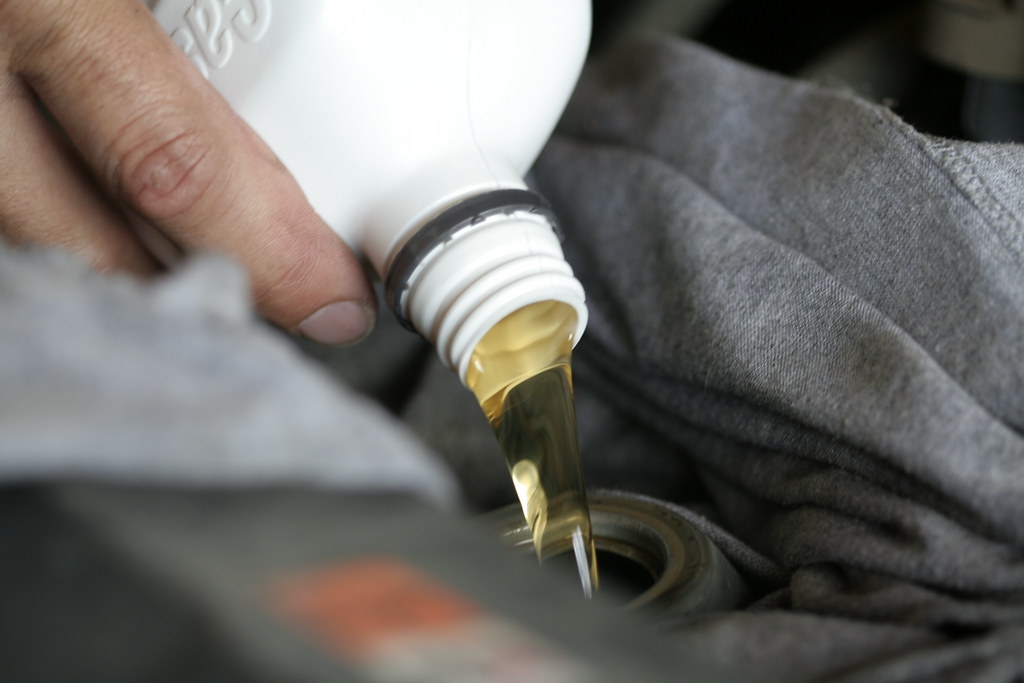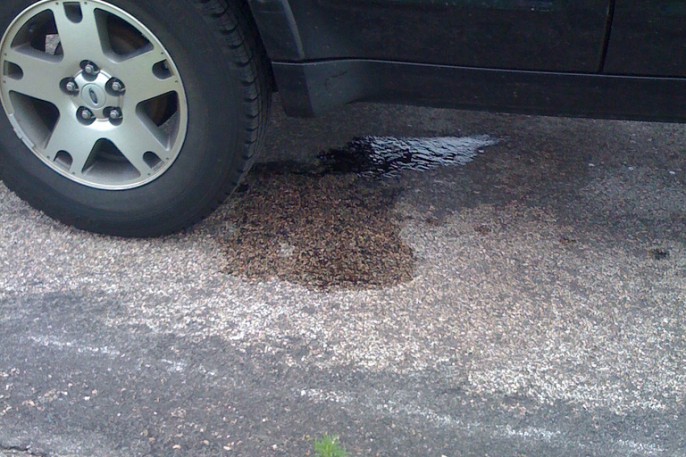Vehicle Maintenance
According to a study by Experian Automotive, the average American household has 2.28 vehicles; all of which can have a serious impact on stormwater and water quality. If not managed properly, various fluids including motor oil, antifreeze, brake fluid, and fuel can contaminate local streams, their ecosystems, and the people that use them for recreation or drinking supplies. It is a common misconception that anything poured down sewer drains is treated at sewer treatment plants, but this is often not the case. Chemicals poured down or washed into storm drains often discharge directly into local water bodies!
Reducing Your Vehicle’s Impact
As a vehicle owner there are a number of things that can be done to prevent stormwater pollution from our personal vehicles. Choosing from the following suggestions below will help to reduce the pollution entering the waterways.
For those who DO NOT maintain their own vehicles, there are still a number of things you can do to ensure you minimize your vehicle’s impact on water quality!
- Keep your tires properly inflated- doing so will save on gas and reduce exhaust emissions.
- Chose an environmentally responsible mechanic- oil disposal and other vehicle fluids are a major source of stormwater pollution, ask your mechanic about how they dispose of those and make sure they handle them in an environmentally-friendly way.
- Wash your vehicle on your lawn- washing your vehicle in grass prevents the dirty water and soapy water from running into the storm drain which would otherwise discharge into local waterways.
For those who DO maintain their own vehicles– including the points above there are a few more things that you can do to make a difference in water quality!
- Always use a drip pan- collect used vehicle fluid (for recycling or proper disposal) while working on a vehicles to prevent the fluid from reaching streams or ground water.
- Clean spills with a rag, not water- wipe spills up whenever possible; properly dispose of contaminated cleaning supplies.
- Recycle damaged or unusable batteries- vehicle batteries contain a number of extremely volatile chemicals and should be disposed of at a recycling facility.
- Cleaning auto parts- do not use a household sink to do so, wastewater treatment facilities are not equip to clean those chemicals and they remain in our drinking water.

Recycle used motor oil and antifreeze. Many gas stations and landfills have oil recycling programs. Image courtesy: kevinkarnsfamily

